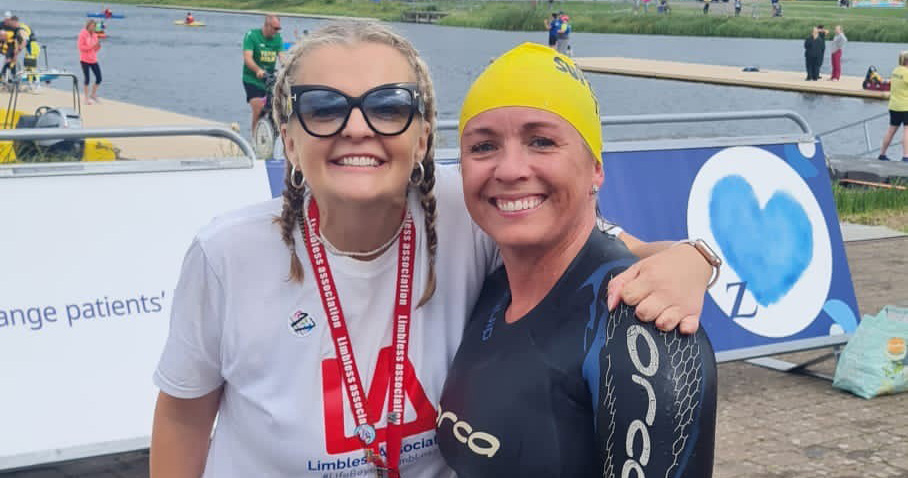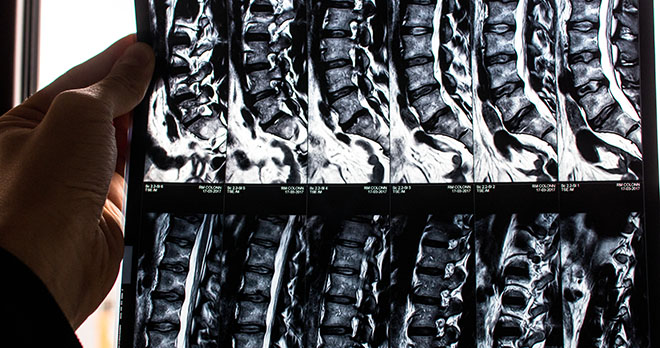What is a Family Liaison Officer (FLO)? In conversation with Avon and Somerset FLOs

Roisin O'Dubhlaoidh interviews Family Liaison Officers (FLOs) to help share more about their role and why they do what they do.
Family Liaison Officers perform a vital role in supporting families after the sudden loss of a loved one in a road traffic collision. We interviewed several Family Liaison Officers from Avon and Somerset Police about their roles and how they view their function within the investigative process to bring offenders to justice.
What is a Family Liaison Officer (FLO)?
Family Liaison Officers (FLOs) are the link between bereaved families who have lost a loved one as a result of a road traffic collision or homicide, and the police investigation into the death.
We provide the family with a single point of contact, enabling them to call or send a message at any time, without having to go through a switchboard or answer a series of traumatising questions to get to the correct person.
We treat everyone as we would wish our own families to be treated, and the service we provide always aims to make the worst days of a family’s lives a little smoother. This allows them time to grieve, knowing that they have a designated FLO who will ensure that they receive information in a timely, professional manner.
Although we are not counsellors, we provide a lot of support to families, tailoring this to their needs in each case. Our knowledge of coronial and prosecution processes allows us to break down barriers and explain what is going on in a sensitive and informative manner.
Our knowledge of external agencies, charities and other relevant community groups allows us to signpost effectively, ensuring the right fit for those we are supporting.
Where we are supporting young families, we provide them with literature and memory boxes to allow children to grieve in a healthy way. This literature is also provided to the educational institutions that the affected children attend.
As police investigations are understandably evidence-based, the police quite often seize vast amounts of property or take it into safe keeping following the death of an individual. We take a great deal of pride in returning this personal property to families. We have it cleaned and packaged appropriately to remove any obvious police contact, quite often in neutral white boxes that can be given to family. This allows the family to choose when they want to open the boxes without being confronted with exhibit bags or soiled items.
Our deployment to a family can last anywhere between six months to three years and ends at either the point of public inquest or sentencing at a criminal court. During that time, we will have guided them through every process involved in the police investigation including attending any inquest and all relevant court hearings.
What background and experience do FLOs have?
FLOs are appointed where they have demonstrated a particular aptitude for crisis management and family liaison following a sudden tragic event. They are most frequently recruited from the roads policing team, where unfortunately, such tragedies are all too common.
FLOs will have spent a period of time in district policing before specialising, for example, into roads policing. From there, becoming a FLO specialises an officer’s role even further. This background is beneficial to the role because the officer will possess significant experience of supporting the public with a wide variety of issues.
As police officers, we assist the entire community in all of its diversity and are used to tailoring our assistance to meet different needs, beliefs, and priorities.
What training is provided?
Lots of training is provided but this is no substitute for actually doing the role as every family is different, and grief affects us all differently. There isn’t a script to follow for FLOs, or for the families we support.
Knowledge and information sharing is valuable and the FLO units in each force form tight-knit communities, sharing links to new charities and support groups as well as sources of information and best practice on a routine basis at regional conferences and other training events.
Why would an officer choose to take on such a challenging role?
The role of a FLO is not a difficult one; patience, good communication skills and a relaxed friendly approach are all you need.
Ultimately, if you want to help people and like to talk there isn’t anything more fulfilling than the role of a FLO. It’s an incredibly rewarding role where you can make a difference. It may only be listening to stories of their loved one, guiding them to the right assistance or finding the bracelet that their loved one always wore.
It’s the small things that count. Everything else just falls into place.
How do you manage the ups and downs in the criminal case, coronial process and in the family’s own grieving process?
The day that a fatal collision occurs has been described to me as like being hit by a tsunami. There is the sudden impact of the water which hits with such force that you cannot feel or comprehend what just happened.
Then you are submerged in the water and you do not know which way is up and which way is down. It’s simply emotional overload: fear, panic, disbelief and shock. Acceptance isn’t possible.
Over time, the water subsides and you see what devastation the tsunami has left behind. At this point, there is the realisation of what has happened and what has been lost. There is despair, sorrow and awareness of what needs to happen next. The thought of having to rebuild a ‘new normal’ after such devastation hits home. The emotional rollercoaster continues.
Eventually, the rebuilding of a ‘new normal’ starts, which is likely to come with guilt about moving forward. There is frustration that the ‘new normal’ feels different.
I suppose that initially, the FLO is the bringer of the flood. They are the ones who impart the most devastating news that anyone is going to hear. But the FLO stands by the family. They will guide them through the process from start to finish, whatever this entails. They will signpost to support and provide guidance around insurance, funerals, the media and many other things.
Whilst the grieving process is different for each person, knowing what they are likely to go through in the next 12 – 36 months helps us to provide a unique support and lifeline, geared towards helping movement to a ‘new normal’ that little bit easier.
What do families tend to say about the support you provide?
The feedback we receive more than justifies the existence of specialist liaison officers, doing the jobs that we do. I have been told that my role humanises the police and helps families to see that we are facing the tragedy and are fighting for justice alongside them, rather than leaving them feeling that their loved one is just a faceless case reference number.
Reflecting on some of the notes I have received from families over the years, I would like to share the following quotes which speak to me as to why we do this job and why it matters.
“Small but significant things” that we are able to do for families.
“Gave us a lot of faith”
“In our corner”
“Taking the time”
“Professional in all interactions”
“Kept me updated”
“Made a painful and challenging [time] easier to bear”
“Straight, honest replies”
“Gave me the option”
“Was not rushed”
“Very reassuring”
“Felt better about things afterwards than I did beforehand”
“Can now plan for our futures”
Contact our specialist inquest and fatal claims solicitors to find out more about how the fatal claims process works.
Call now
Read more from our Team Around the Client Magazine
View more articles related to Team Around the Client







